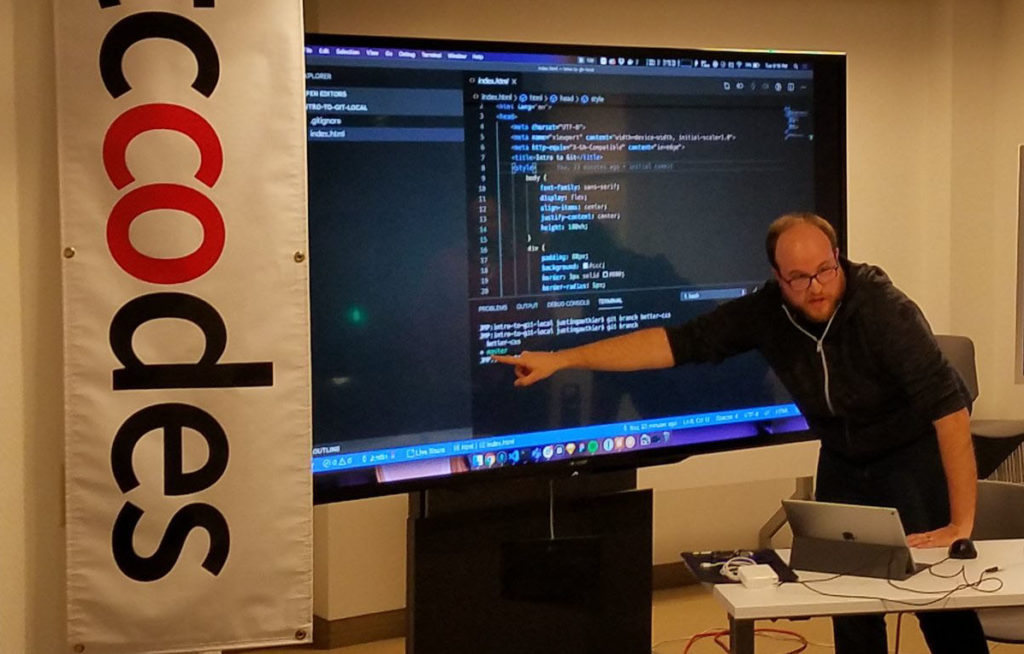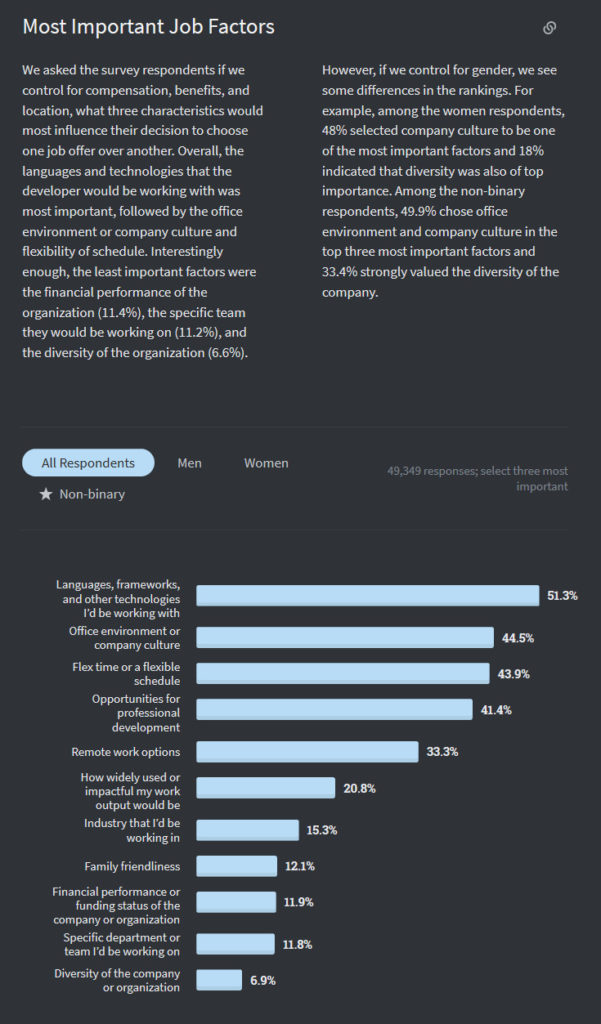Human capital is as crucial to businesses as financial capital. This is especially true for tech startups where entrepreneurs can’t do it all alone – they need talented software developers and other tech professionals to help scale their business.
It’s often a lack of tech talent that is the most significant impediment on success for startups (and legacy companies as well). Traverse City has a burgeoning tech hub, but for the industry to sustain and grow, we also must invest in developing a robust pipeline of local tech talent.

Building a Talent Supply Chain Based on Resiliency
Software developers rank as some of the most in-demand professionals. The need for coding is nothing new, but now the demand curve is heading off the chart due to new technologies such as Blockchain, Internet of Things (IoT), and artificial intelligence (AI) going mainstream and the accelerated digital transformation due to COVID-19.
How can we create supply to meet this talent demand?
A long-term talent solution requires a holistic approach, so let’s view this as any other supply-chain challenge. One aspect of supply-chain management is resiliency which includes both:
- The ability to resist disruptions
- The capability to recover when disruption occurs
Resisting Disruptions to the Talent Supply Chain: Retaining Great Talent
Typically, disruption occurs in the talent pipeline when an employee decides to leave. To mitigate this risk, we need to understand what factors are most important to software developers as well as what keeps them happy and productive.
Focus on what employees care about. The most recent Stackoverflow survey results shown below provide insight and direction. Note the low ranking of financial performance and funding and the high ranking of technologies, culture, and professional development.
Recovering from Disruption to the Talent Supply Chain: Creating New Talent
The second component of resiliency in the talent supply chain is recovery from disruption and the capacity to scale. Simply, it is the ability to acquire new talent.
The concept of a talent “pool” to draw from is an outdated metaphor. Our tech ecosystem must consider talent as a stream to be managed. Stakeholders must collaborate to create effective upstream education, training, and professional development. Outcomes must be clearly stated, delivery transparent, and performance evaluated enabling adjustment and optimization with high-impact, lower cost solutions identified as best practice. Multiple educational pathways will maximize yield and employers must engage with learners early to pull talent through the supply chain.
What’s Happening in Traverse City
20Fathoms is confronting the talent challenge in northern Michigan by applying these talent pipeline and supply chain patterns. The goal of our tccodes* initiative is to expand and extend the software developer talent pipeline, and we began with both resiliency and the end goals in mind by:
- Forming an employer-led collaborative
- Providing workshops taught by local tech subject matter experts
- Cultivating a highly-valued tech professional community and culture
- Hiring Erich Wuhrman, Head of Talent Acquisition, who assists our community with immediate recruitment needs
This focus on professional development for the last segment of our talent pipeline created immediate value for both employer and professional and added resiliency to the supply chain. We are innovating around this supply chain concept to create a larger, longer-term talent solution in northern Michigan. As tccodes enters its second year, we are connecting with our community at a new level and looking upstream for opportunities to engage the newest talent entering the pipeline.
Final Considerations for Employers
As an employer of tech professionals, how can you work alongside other stakeholders to plan and implement comprehensive talent system that extends beyond recruit and hire to include retain and develop?
How can you, as someone located at the end of this talent pipeline, reach upstream to locate talent and to pull these individuals forward into the high-demand, high-wage software developer profession?
These actions represent the longer-term investments required to create the robust talent pipeline capable of delivering the most in-demand technical professionals.
*tccodes is supported by the MICA 2.0 grant provided by Michigan’s Department of Labor and Economic Opportunity.


